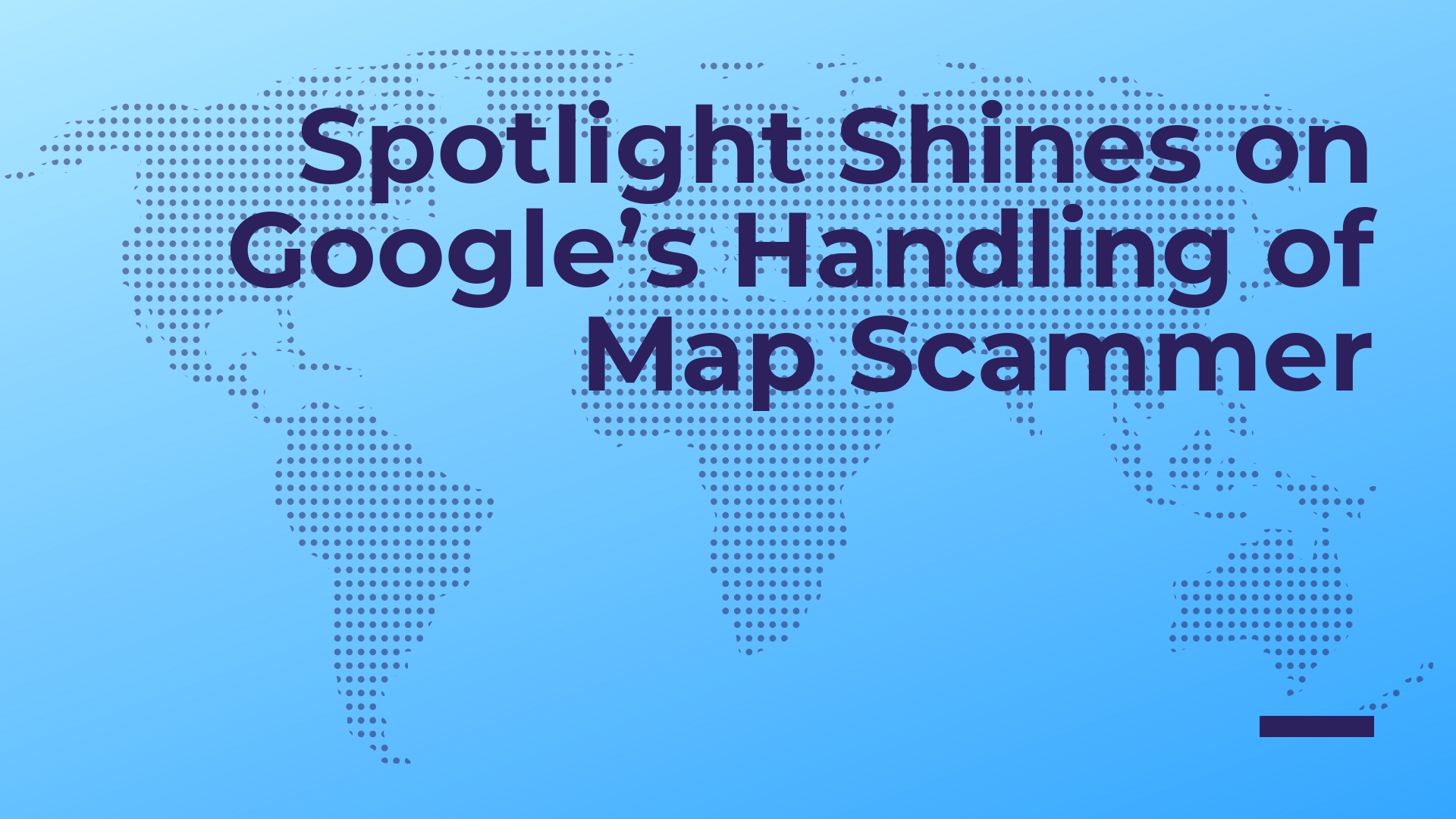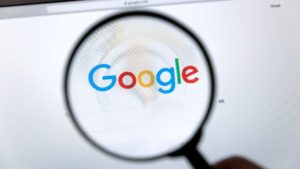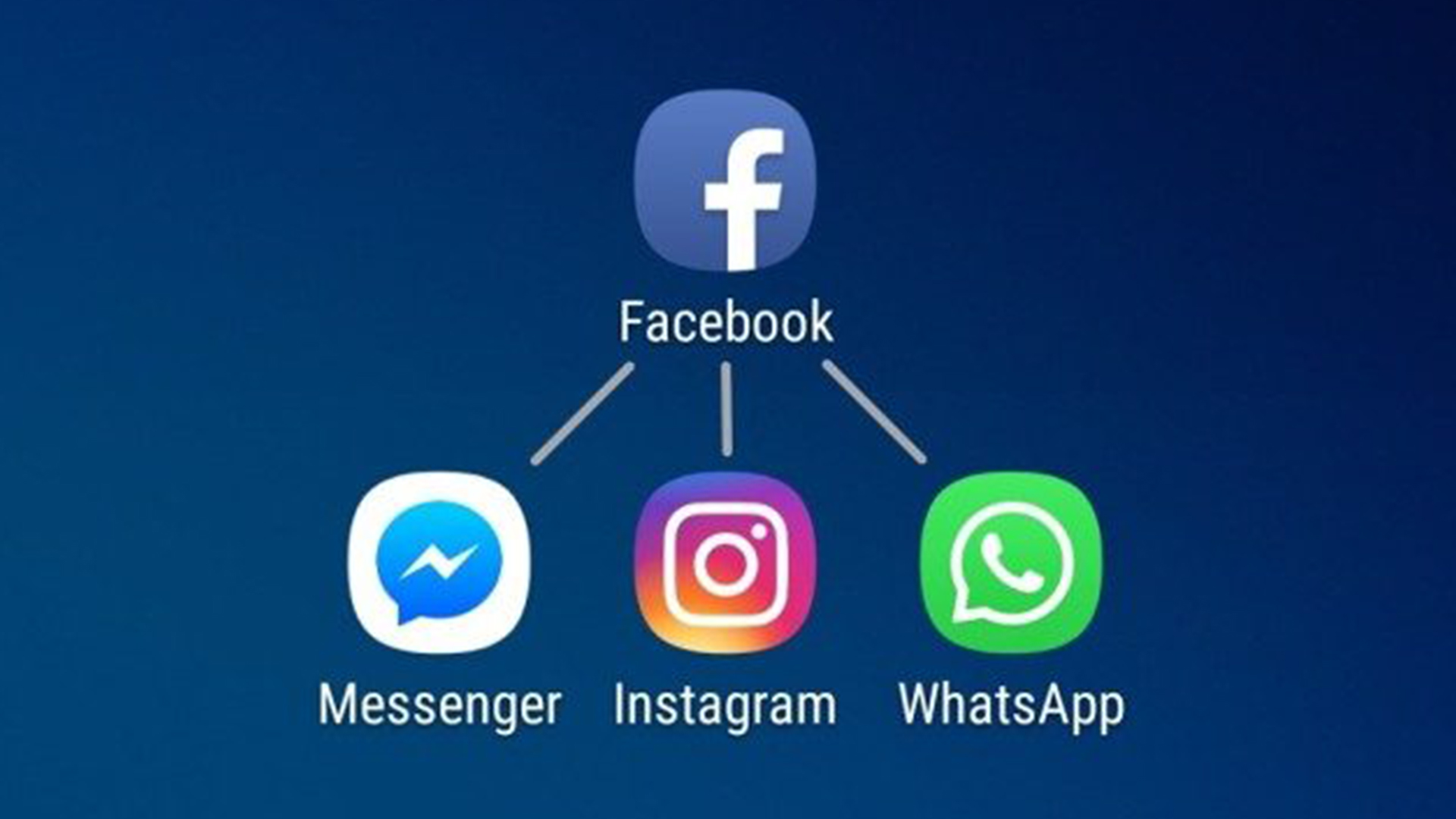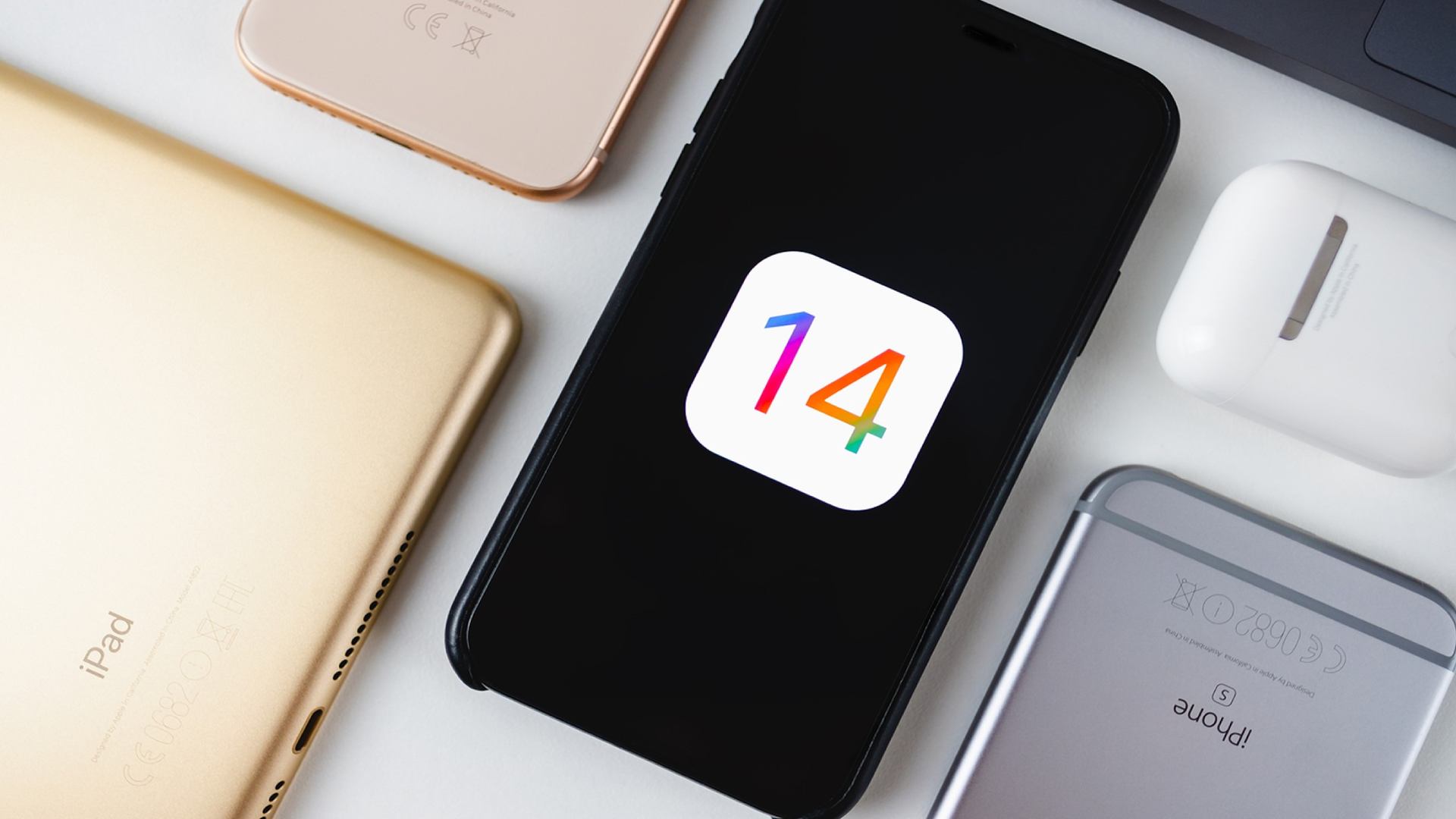
A pervasive problem with Google My Business listings on Google Maps has received a fresh wave of media scrutiny after an expose in the Wall Street Journal. The issue? Scammers are flooding Google Maps with bogus business listings, pushing legitimate businesses out of search results, and Google’s efforts to address the problem are made suspect by the fact that they are profiting from this problem in the first place.
Google’s primary goal (and business interest) is ensuring the best possible experience for all their users, and that means purging scammers and other bad actors from their ranks. However, in a bottom-line industry, Google is in an awkward position.
Learn more about this issue and how you can address it below.
What’s Happening on Google Maps?
Scammers are using business addresses on Google Maps to gain the appearance of legitimacy. According to the Wall Street Journal, the problem is so pervasive that over half of attorneys, contractors, electricians, movers, towing, and other common service providers listed on Google Maps are not located at their stated address.
Another problem involves using keyword-stuffed business titles. Google guidelines mandate that businesses list themselves on Maps by the business name they would use on their storefront, but defying this guideline doesn’t appear to risk much in the way of consequences.
How are legitimate businesses affected?
Google My Business offers a valuable opportunity for small businesses to localise their SEO efforts by appearing in Google Maps searches for nearby products and services. Unfortunately, small businesses are being forced to compete with illegitimate businesses claiming to occupy nearby addresses. This flood of scammy businesses in Google Maps’ listings makes it exceedingly difficult for businesses to stand out and attract customers, forcing many to spend additional money on Google Ads campaigns to improve their search performance.
Google claims to have taken down over 3 million fake or illegitimate My Business profiles in 2018. Of those, 85 per cent were removed via Google’s internal systems, and 90 per cent were removed before a single user viewed the profile. 250,000 fake profiles were taken down having been reported by users.
What can you do about it?
A major concern for digital marketing agencies and small business owners is the fact that Google is profiting off a “lax” system that forces legitimate businesses to sink money into Ads campaigns.
Separating your signal from the noise of Google Maps business listings will require a diversified approach. Engage locally with neighbouring businesses. Maintain a current profile on Google My Business and Facebook, and manage an optimised website. Consistency across platforms is vital for building legitimacy.
Google has responded to the scathing Wall Street Journal exposé, insisting:
This year, we’ve already introduced a new way to report suspicious business profiles and have started to apply refined techniques to business categories where we’re seeing an increase in fraud attempts. To help foster a healthy ecosystem, we’re also donating settlement funds from litigation against bad actors to organizations that educate businesses and consumers about fraud. As we continue to fight against fraud, we’re making sure people can flag issues when they see them.
Ethan Russell
Product Director, Google Maps
The reality is that, for all the power and reach of Google’s algorithms, they can’t verify a physical address without user participation. This means that the address on Google Maps will continue to exist, for the time being, on the fringes of Google’s control.
Make the most of Google My Business
A fully optimised Google My Business listing can have a profound impact on your business’s online performance. Pure SEO boast a proven record of Google My Business optimisation. Contact us today to ensure your business’s listing on Google Maps cuts through the noise and connects you to your customers.

















